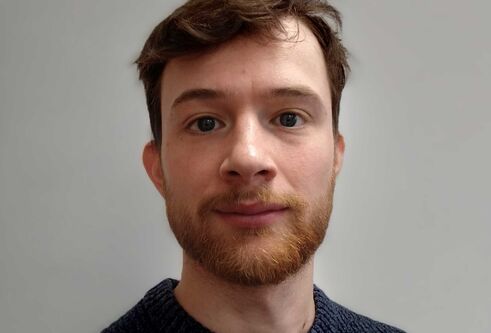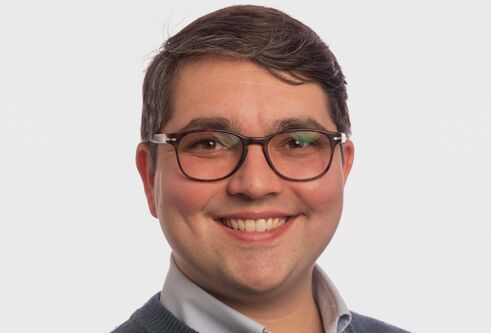PhD opportunity
Diffusion models for solving chaotic differential equations
Unfunded
30 September 2026
The state of the art in image and video generation using machine learning is the diffusion model, a type of neural network trained to progressively remove noise from grainy images. Starting from completely random initial inputs, these models can generate highly realistic and complex pictures. Beyond computer vision, diffusion models have the potential to revolutionise scientific computing by generating solutions to differential equations that exhibit the same qualitative features as real physical systems.
This project will explore the use of diffusion models to generate solutions to chaotic differential equations, particularly in fluid dynamics, where traditional solvers struggle with high-dimensional complexity. By combining generative AI with established numerical techniques, we aim to develop new methods for producing physically meaningful solutions that satisfy desired constraints. This approach could provide fresh insights into the structure of turbulence in the Navier–Stokes equations and other nonlinear dynamical systems.
The project will involve both theoretical and computational aspects, including training and modifying machine learning models, designing hybrid AI–numerical solvers, and analysing their mathematical properties. There will be opportunities to work at the interface of machine learning, dynamical systems theory, and scientific computing.
The ideal candidate will have a strong mathematical background, particularly in differential equations and numerical methods, along with extensive programming experience. While prior knowledge of neural networks is not required, proficiency in Python and an interest in learning modern machine learning techniques will be essential.
This project offers excellent training in both cutting-edge AI methods and classical applied mathematics, with potential applications in fluid mechanics, climate science, and beyond.
Diversity statement
Our research community thrives on the diversity of students and staff which helps to make the University of Dundee a UK university of choice for postgraduate research. We welcome applications from all talented individuals and are committed to widening access to those who have the ability and potential to benefit from higher education.
How to apply
- Email Dr Jeremy Parker to
- Send a copy of your CV
- Discuss your potential application and any practicalities (e.g. suitable start date).
- After discussion with Dr Parker, formal applications can be made via our direct application system

